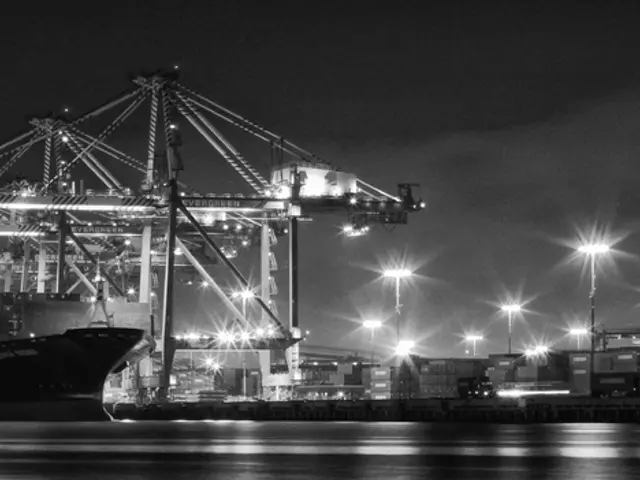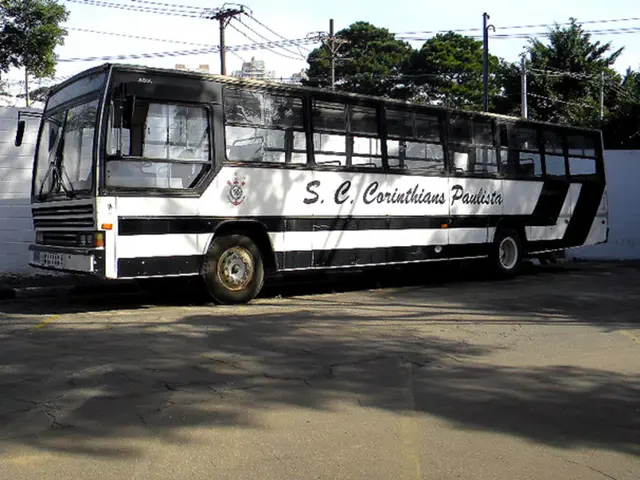Freight Train Brakes Under Fire: Swiss critics target German Rail's LL brakes following derailment in Swiss tunnel
Critics in Switzerland voice concerns over the same braking system employed by Deutsche Bahn
In the wake of Switzerland's dissatisfaction with German Rail's delays, a new issue has surfaced - the LL brakes, a brake type used in freight trains by both rail systems. A railway tunnel in Switzerland was only partially utilized after a freight train derailed.
The Swiss Federal Railways (SBB), expressing concern over the LL brake type, have demanded enhanced maintenance and, in their view, the restriction or prohibition of freight wagons with LL brake blocks in Switzerland and Europe. The SBB's stance comes from their assessment of the derailment final report by the Safety Investigation Authority (Sust) in the Gotthard Tunnel in 2023. The Sust attributes the accident to a breakage of the wheel disk due to fatigue cracks caused by thermal overload. The report recommends upgrades to maintenance intervals and testing methods, as well as a study on the influence of composite brake blocks, including type LL, on wheel stress.
German Rail, which uses the LL brake type extensively in approximately 60,000 freight wagons, stresses the continuous adaptation of deployment and maintenance rules for wheel sets in Europe "to reduce mechanical and thermal stresses on wheels and minimize risk of damage." Notably, Swiss Railways do not use wagons with LL brake blocks in freight traffic.
On August 10, 2023, a freight train derailed in the west tube of the Gotthard Tunnel with no casualties. The removal of the wagons took several months, and tracks had to be renewed. Restrictions in traffic were only lifted a year later.
Questions surrounding the effectiveness of the LL brake type in preventing accidents like derailments could arise given the incident in Switzerland. Safety regulations regarding braking systems would also come under scrutiny, particularly in ensuring compliance and maintaining high standards in both Switzerland and Germany.
The Swiss Federal Railways (SBB) may introduce amendments to their community policy, considering the demand for enhanced maintenance and potential restriction of freight wagons with the LL brake type, following the derailment incident. The automotive industry could be impacted if vocational training programs for rail technicians need to be revised to better understand and manage composite brake blocks like type LL, as recommended by the Safety Investigation Authority (Sust) report. Financial implications might arise from these changes, as well as the potential need for transportation upgrades to accommodate new maintenance intervals and testing methods.








